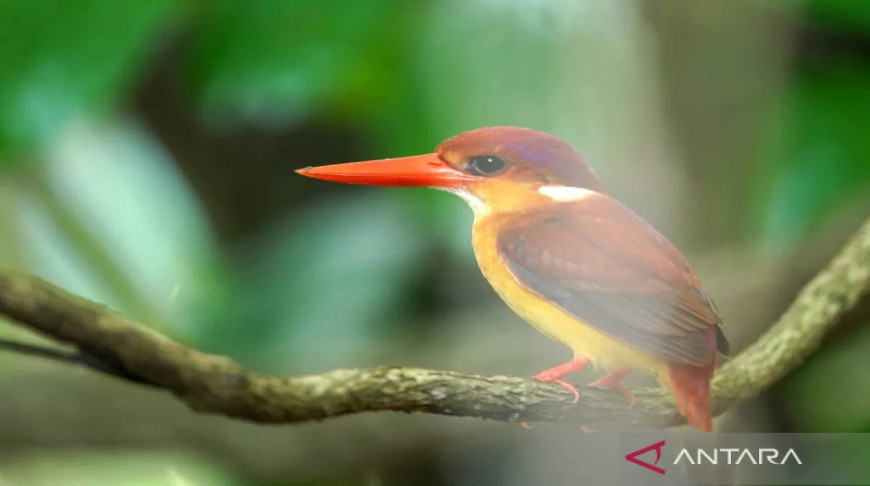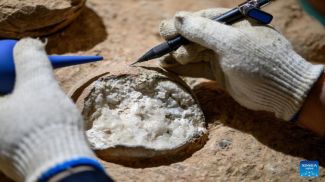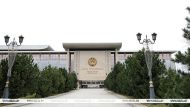
JAKARTA, 23 May (BelTA - ANTARA) - The Indonesian government is
preparing a biodiversity strategy and action plan to serve as a
reference for future regulations and biodiversity-related development
efforts.
Environment Minister Hanif Faisol Nurofiq announced this during a ceremony marking International Biodiversity Day, observed annually on May 22, in Jakarta on Thursday.
"Ahead of finalizing the Indonesia Biodiversity Strategy and Action Plan, we must also accompany it with strategic steps," Nurofiq stated.
He noted that Indonesia is home to 22 types of ecosystems, including tropical forests, peatlands, mangroves, and karst landscapes.
With such diversity, Indonesia possesses a wealth of species and genetic resources vital not only for ecosystems but also for human well-being.
Biodiversity also plays a crucial role in supporting food security, one of the government's key priority programs.
Nurofiq emphasized that stakeholders - the central and regional governments, the private sector, and the public - must reflect on whether current policies effectively address biodiversity challenges.
Therefore, the new strategy and action plan should provide a solid foundation for policymaking and regulatory development.
He also highlighted the need for better biodiversity instruments, which he said are currently insufficient.
"Right now, we are all working together to make the Indonesia Biodiversity Strategy and Action Plan a strong regulatory reference," he said.
While the plan is still being finalized, Nurofiq urged all parties to take concrete steps and begin drafting supportive regulations.
Environment Minister Hanif Faisol Nurofiq announced this during a ceremony marking International Biodiversity Day, observed annually on May 22, in Jakarta on Thursday.
"Ahead of finalizing the Indonesia Biodiversity Strategy and Action Plan, we must also accompany it with strategic steps," Nurofiq stated.
He noted that Indonesia is home to 22 types of ecosystems, including tropical forests, peatlands, mangroves, and karst landscapes.
With such diversity, Indonesia possesses a wealth of species and genetic resources vital not only for ecosystems but also for human well-being.
Biodiversity also plays a crucial role in supporting food security, one of the government's key priority programs.
Nurofiq emphasized that stakeholders - the central and regional governments, the private sector, and the public - must reflect on whether current policies effectively address biodiversity challenges.
Therefore, the new strategy and action plan should provide a solid foundation for policymaking and regulatory development.
He also highlighted the need for better biodiversity instruments, which he said are currently insufficient.
"Right now, we are all working together to make the Indonesia Biodiversity Strategy and Action Plan a strong regulatory reference," he said.
While the plan is still being finalized, Nurofiq urged all parties to take concrete steps and begin drafting supportive regulations.













